First published in 1925, Rangbhoomi was considered by Premchand to be his best work. Set against the backdrop of colonial India–characterized by a brutal state, opportunistic, feudal landlords and ruthless capitalists—this novel is a grim account of the blind beggar Soordas¹s struggle against the acquisition of his ancestral land. Weaving together themes such as industrialization, atrocities committed by princely states, the role of women in India¹s independence movement, and caste and class hierarchies, Playground’s concerns remain shockingly relevant.
Capturing Premchand’s masterful handling of a variety of linguistic registers, Manju Jain’s evocative translation shows us the deep humanism of one of India’s greatest writers.
ABOUT THE AUTHOR Manju Jain
Profound scholar, versatile genious Dr. Manju Jain born in Hasanpur, a small town of Moradabad District, achieved her Master’s Degree from Allahabad University, Alllahabad. She has been a merit position holder throughout her career. She obtained doctoral degree from Kurushetra University, Kurushetra. She is a good orator and has command over India Philosophy and Vedic Literature. She has attended many national level seminars. At present she is Head of Sanskrit Department in Dayanand Arya Kanya P.G. College, Moradabad.
ABOUT THE AUTHOR Premchand
Premchand (1880-1936). Born in Lamhi village near Varanasi in north India as Dhanpat Rai, Premchand's realistic writings highlighted the social milieu through a multi-faceted portrayal of human nature. The 12 novels, 300 or so short stories (most of them collected in an 8-volume set called Mansarovar and in Soz-e-Watan), plays and numerous essays-all add up to make him not only one of the most prolific but also marvelously creative writers, who came to be regarded as the spokesman of the disinherited and the downtrodden. The Second Wife (titled Nirmala in Hindi) represents a high-water mark of Premchand's genius as a creator of realistic fiction.

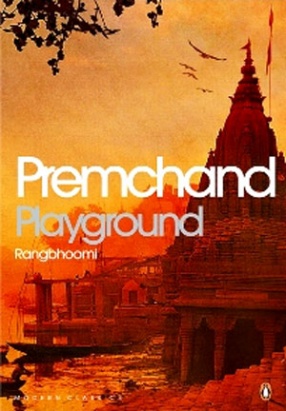
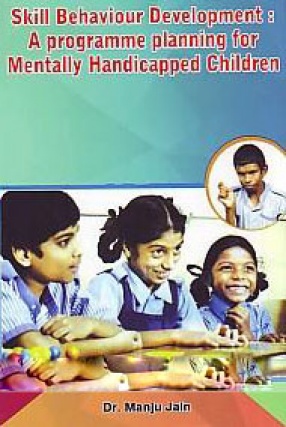
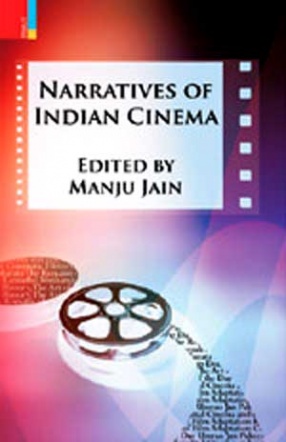
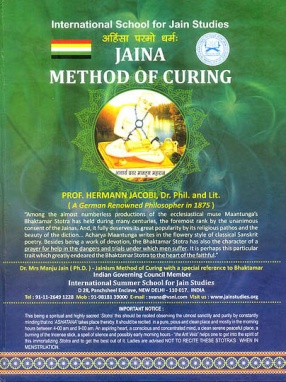
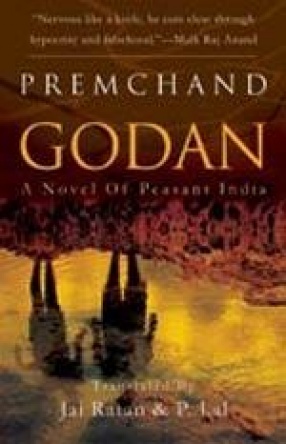

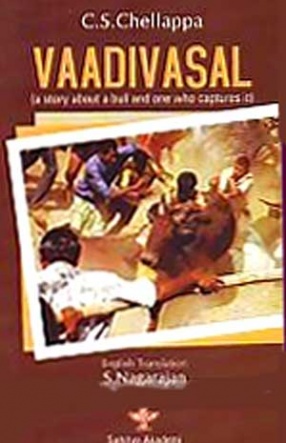
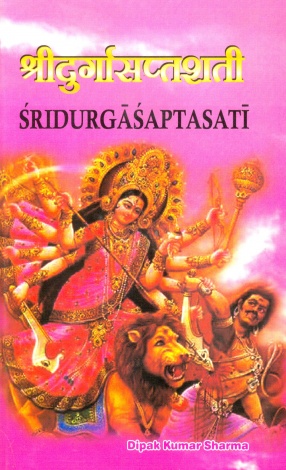
There are no reviews yet.